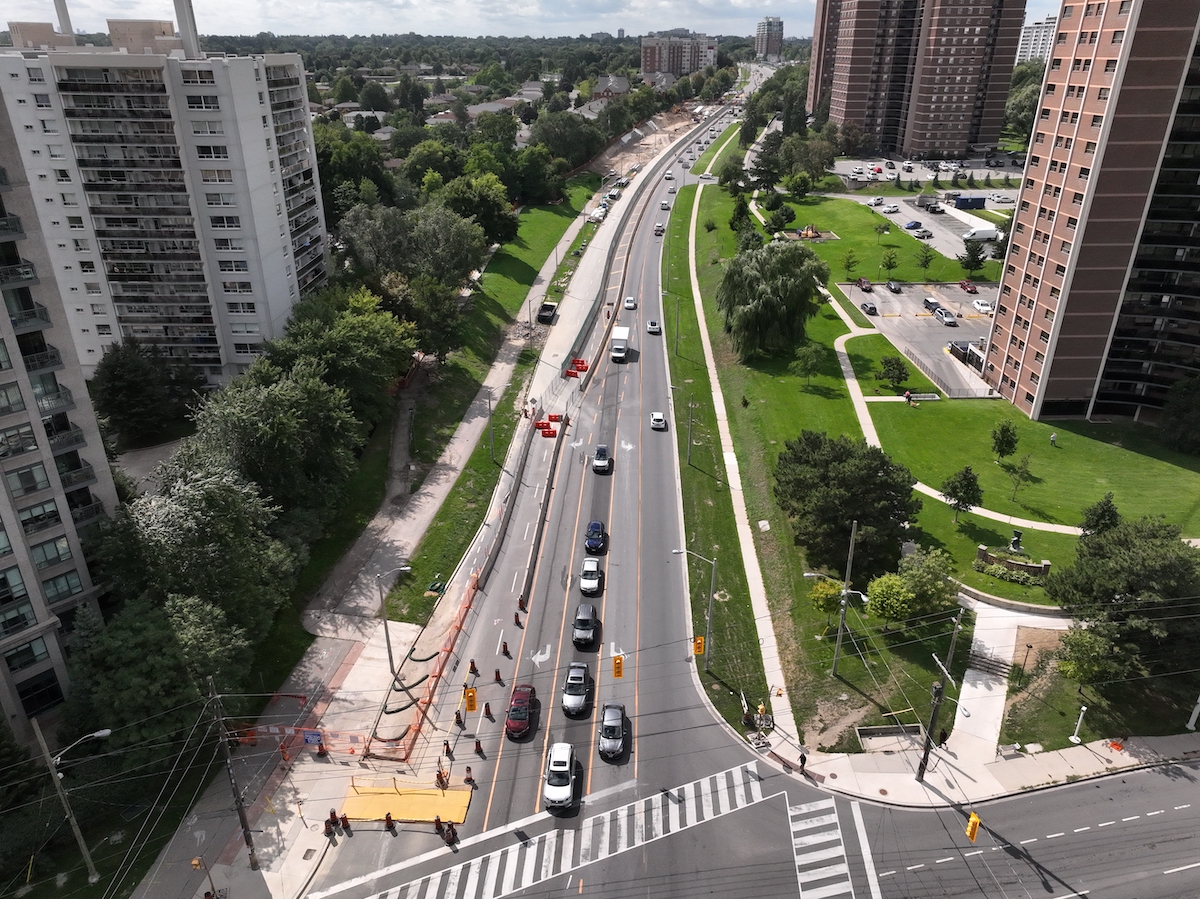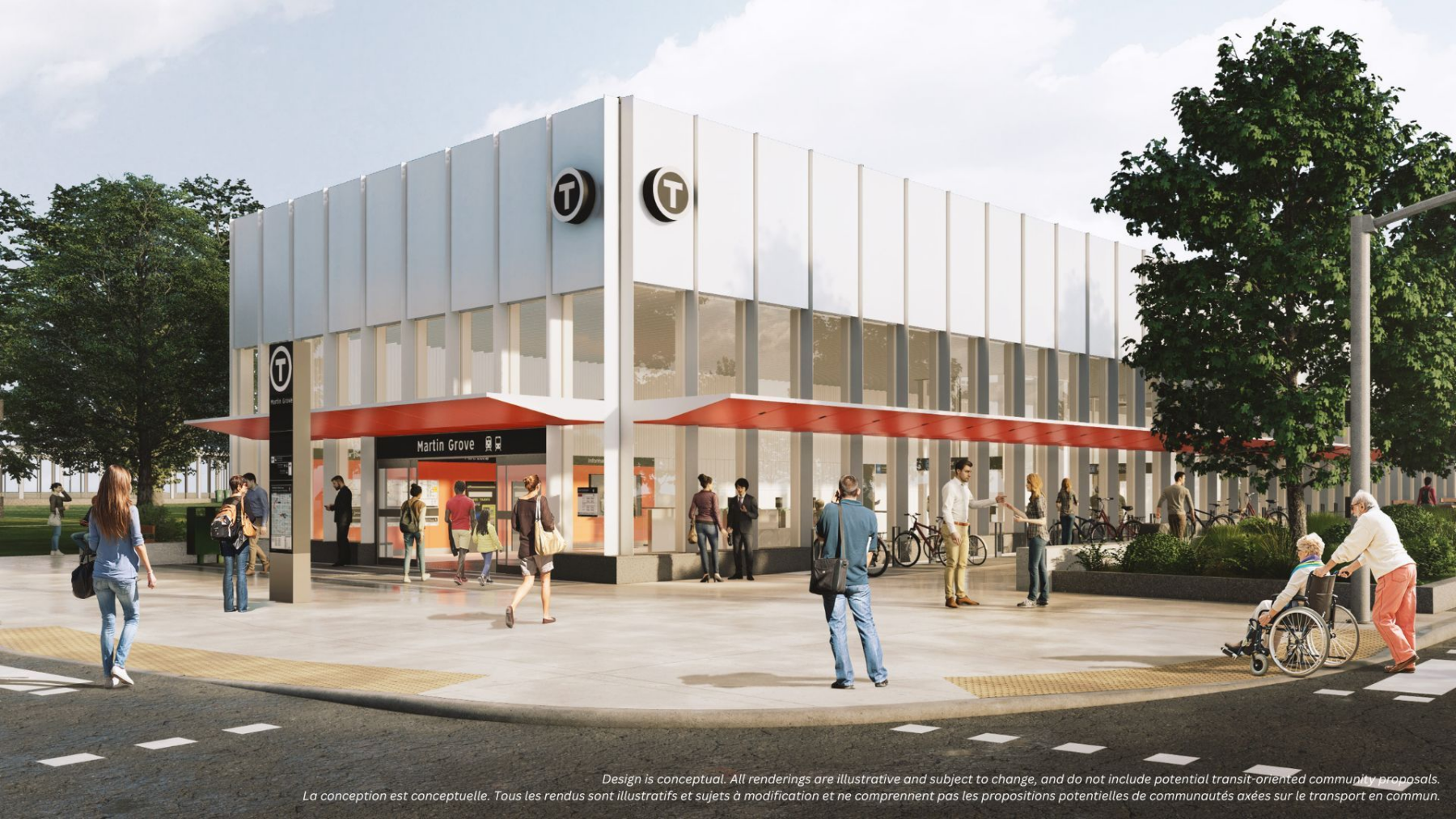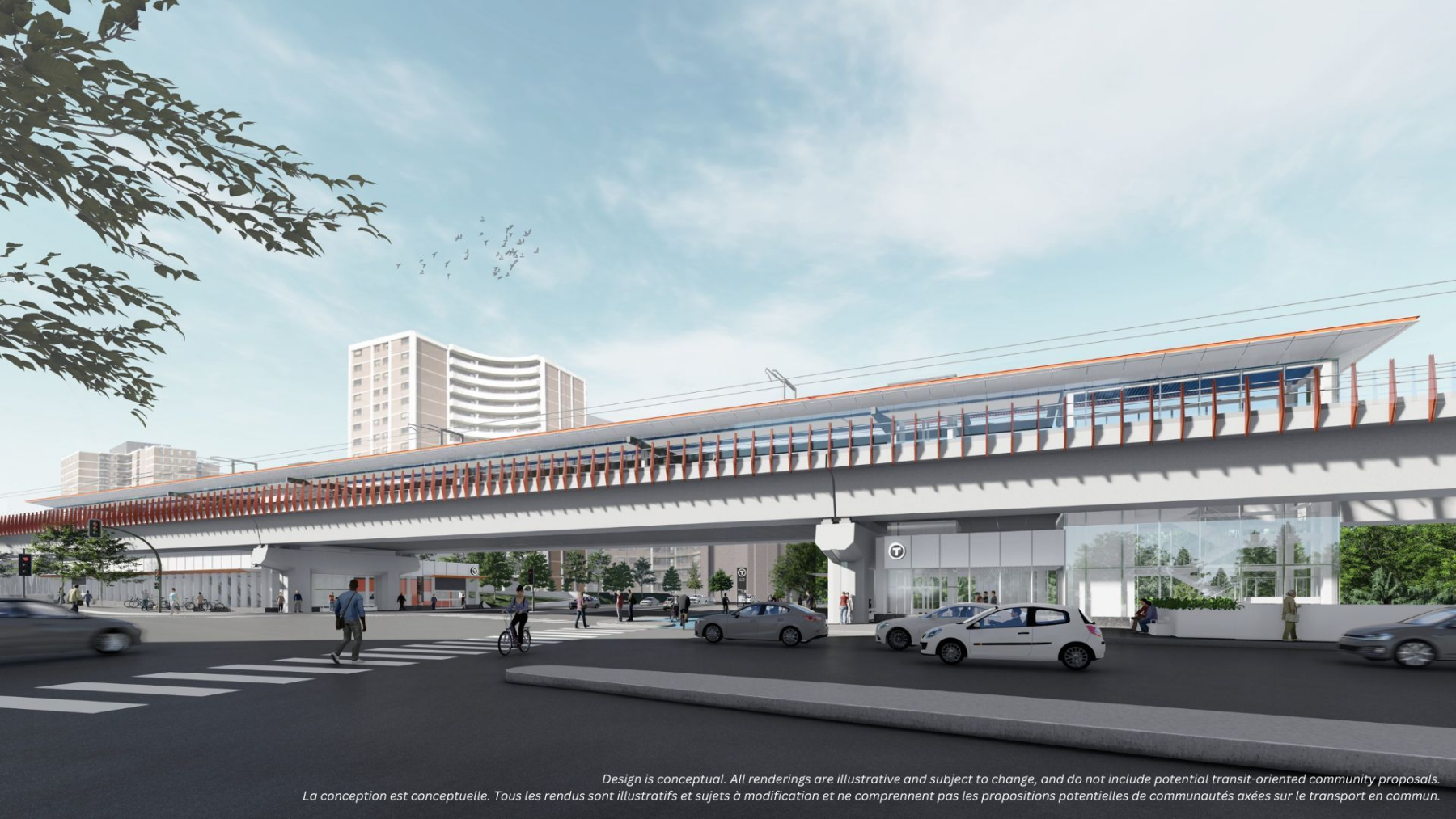Eglinton LRT contract awarded to Trillium Rail Partners
The deal allows the group to begin early works while collaborating with the transit agency.

default
Key Takeaways:
- Trillium Rail Partners has been selected to deliver the Stations, Rail and Systems package for the Eglinton Crosstown West Extension, covering seven stations, track, and systems work.
- The westward expansion of Line 5 is part of Ontario’s priority transit projects, but follows years of delays and cost overruns on the original Eglinton Crosstown, placing pressure on Metrolinx to avoid repeat setbacks.
- Once complete, the extension is expected to ease congestion, improve access in Toronto’s west end and Mississauga, support housing growth, and lay the groundwork for a future connection to Pearson Airport.
The Whole Story:
Infrastructure Ontario and Metrolinx have awarded Trillium Rail Partners the contract to deliver the Stations, Rail and Systems (SRS) package for the Eglinton Crosstown West Extension, a major transit project in the Greater Toronto Area.
The consortium — made up of Amico Major Projects Inc., Alberici Constructors Ltd., and Acciona Infrastructure Canada Inc., with WSP Canada Inc. as lead designer — has signed a Development and Master Construction Agreement with Metrolinx. The deal allows the group to begin early works while collaborating with the transit agency to finalize scope, risk allocation and pricing during the development phase.
The SRS package includes design and construction of seven stations, installation of rail and systems for the 9.2-kilometre extension, and work at Mount Dennis Station to connect the line with future Line 5 Eglinton LRT service.
The Crosstown West Extension is part of a larger effort to expand rapid transit across the GTA. The project extends Line 5 westward from Mount Dennis to Renforth Drive, with a planned connection to Pearson International Airport through a separate link under study.
The Ontario government first announced plans for the extension in 2019 as one of four priority transit projects in the region. Procurement has been divided into several packages, including tunnels, stations, and systems, with a mix of public-private partnerships and progressive design-build models used to attract bidders and manage risk.

The broader Eglinton Crosstown program has faced significant hurdles. The main Crosstown line — still not open after more than a decade of construction — has drawn criticism for delays, cost overruns, and complex contract structures. Those setbacks have heightened scrutiny on the extension, with Metrolinx pledging lessons learned would be applied to speed up delivery.
Challenges for the west extension include tunnelling through dense urban areas, minimizing disruption to communities and businesses, and coordinating with multiple overlapping contracts. Rising material costs and labour shortages in Ontario’s construction market have also added pressure.
When complete, the extension is expected to cut travel times, ease congestion, and improve transit access in Toronto’s west end and Mississauga. Metrolinx projects that tens of thousands of daily riders will benefit, with smoother connections to buses, regional rail, and eventually Pearson Airport.
The provincial government has framed the project as part of its plan to boost housing supply by linking new developments to rapid transit. Officials say the investment will also support thousands of construction jobs and strengthen long-term economic growth in the region.
The extension is being delivered through multiple contracts, with other procurement packages already underway. No firm completion date has been announced, though early construction activities have started.

